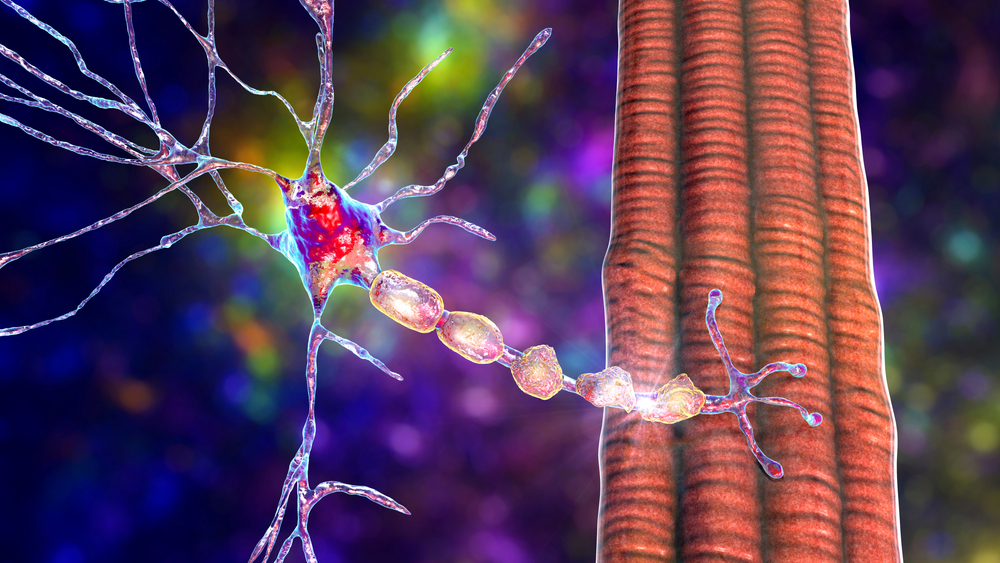Newsletter Signup - Under Article / In Page
"*" indicates required fields
NMD Pharma A/S, a clinical stage biotech company developing first-in-class, small molecule ClC-1 inhibitors for neuromuscular disorders, has presented results from ESTABLISH1, an observational study of neuromuscular function in patients with the inherited neurological conditions Charcot-Marie-Tooth (CMT) types 1 and 2.
The results were revealed in a poster presentation at the Peripheral Nerve Society Annual Meeting (PNS) in Copenhagen, Denmark.
Results from the study establish, for the first time, neuromuscular junction (NMJ) transmission deficit as a new disease characteristic in patients with CMT type 1 and 2. The level of NMJ transmission deficit in patients with CMT was associated with disease severity assessed through a range of clinical measurements of muscle strength and function.
The study also provides information on tolerability and reliability of clinical and electrophysiological outcomes that the company said will aid the selection of relevant outcomes in future clinical trials.
The study compared electrophysiological assessments (single fiber electromyography (EMG) and repetitive nerve stimulation) and clinical testing (involving tests of muscle strength, fatigability, dexterity, and balance) in 21 patients with CMT types 1 and 2, and 10 healthy age-matched subjects. The international study was led by Henning Andersen, Aarhus University Hospital, and William David Arnold, NextGen Precision Health, University of Missouri.
Andersen, Department of Neurology at Aarhus University Hospital, said: “CMT is a highly debilitating disease with no approved treatments to provide a cure or alleviate symptoms in patients. Here we show that patients with CMT are characterized by deficits of the neuromuscular junction to effectively transmit signals from nerves to muscles and that the level of transmission failure correlates with the functional capabilities of the patients. This opens the door for pharmacologically targeting the transmission failure to improve symptoms in patients with CMT.”
Arnold, executive director at NextGen Precision Health, University of Missouri added: “We are excited to report the identification of an aspect of the disease that could represent a breakthrough in the identification of novel treatments for CMT.”
Jorge A. Quiroz, chief medical officer of NMD Pharma, said: “With no currently approved treatments or therapies for this debilitating disease, uncovering NMJ transmission failure as a new disease mechanism in CMT represents a significant milestone for the development of new therapies including our novel ClC-1 inhibitor treatment approach. I would like to thank the Aarhus and Ohio teams for their great contributions to making this study a success and, most importantly, the patients and families participating in the Establish study.”
NMD Pharma plans to publish the full set of study results in a peer-reviewed journal.
NMD Pharma is developing NMD670, a first-in-class small molecule inhibitor of the muscle specific chloride ion channel, the ClC-1 ion channel. NMD Pharma has pre-clinically demonstrated that ClC-1 inhibition can enhance neuromuscular transmission and, ultimately, skeletal muscle function and NMD670 has already demonstrated positive results in a phase I and proof of mechanism study in patients with myasthenia gravis confirming safety, tolerability and initial efficacy data in subjects suffering from neuromuscular disorders.
In December, NMD Pharma was cleared for a spinal muscular atrophy trial. In October, it published positive results from its myasthenia gravis study.
Partnering 2030: The Biotech Perspective 2023







